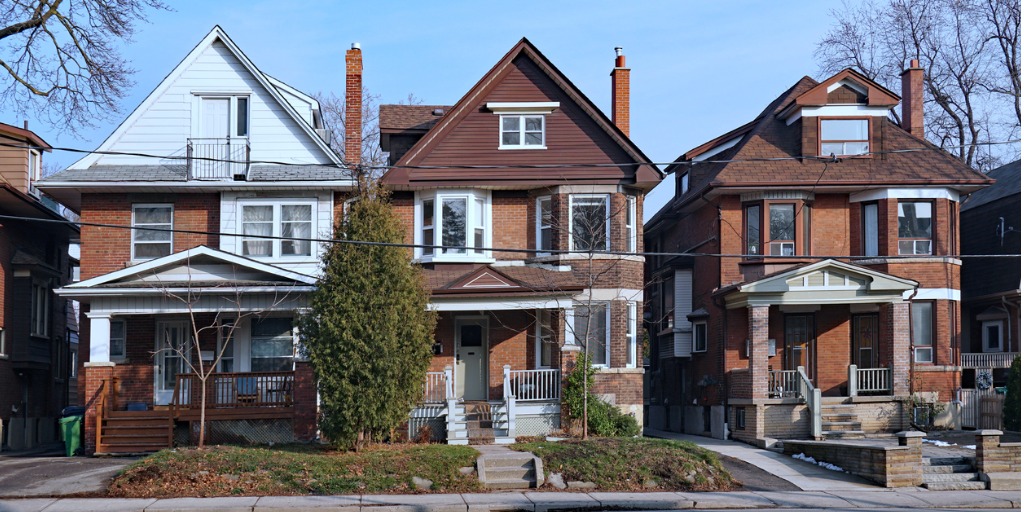“Why would anyone pursue seemingly hopeless litigation over the right of way to a mutual driveway?”
This is the story of a $150,000 driveway.
Hayley Fromstein and James Albiez own a house on Northcliffe Blvd. in Toronto. Their neighbour to the south is Rita Di Michele-King. Between the two houses is a narrow driveway measuring 7.5 feet wide and 95 feet long.
Each of the neighbours owns part of the driveway and has a reciprocal right to use the adjoining part of the passage.
Di Michele-King has a right-of-way over the north part of the space, and her portion of the driveway is subject to her neighbours’ right-of-way.
At the same time, Fromstein and Albiez have a registered right to use the south part of the driveway, and their title is subject to Di Michele-King’s right to travel over the north part.
Historically, the driveway was used to access parking garages at the rear of the lots, but these have long since been demolished.
Around 2018, Di Michele-King built a fence along the property line, effectively blocking her neighbours’ vehicle access to the rear of the property. She also consistently parked a car at the front of the mutual driveway, and kept her garbage and recycle bins in the driveway, further blocking access.
After buying the property in 2020, Fromstein and Albiez asked Di Michele-King to remove the fence and bins, and to stop parking across the mutual right-of-way. When that failed, each of the neighbours sued the other. Di Michele-King’s position was, in spite of the registered title, that the mutual rights, known as an easement, had been abandoned by the parties or their predecessors.
She also claimed to have exclusive use to her part of the passage by prescription, which is a legal doctrine similar to what is known as squatter’s rights.
The application to enforce the right-of-way was heard by Justice Edward Morgan last November.
In his ruling, he made it clear that he did “not agree with (Di Michele-King’s) reading of the law or of the facts on the ground.” He found that there was no evidence that the easement had been abandoned or that a prescriptive right had been created.
The judge also considered De Michele-King’s argument that her easement included a right to park and block the mutual driveway. He ruled that this argument “is so contradictory to the meaning and intent of the (registered) easements that it can be dismissed out of hand.”
He added that a fence which blocks any portion of a mutual driveway “is impermissible.”
Justice Morgan ruled that Fromstein and Albiez are entitled to use the driveway for vehicle and pedestrian use, the fence had to come down, and the vehicle and bins blocking the driveway had to be removed.
It continues to puzzle me why anyone would pursue what I think was hopeless litigation. In light of the refusal of Di Michele-King to accept a favourable offer of settlement at the outset, Justice Morgan ruled that she had to pay almost all of her neighbours’ legal costs in the amount of $75,000.
She also had to pay her lawyer’s fees which could have been a similar amount.
This makes for one expensive driveway.
Image credit: iStock/Getty Image
Bob Aaron is Toronto real estate lawyer. His column appears on this blog, Move Smartly, and in The Toronto Star. You can follow Bob on Twitter @bobaaron2 and at his website aaron.ca.
March 23, 2023
Legal |



